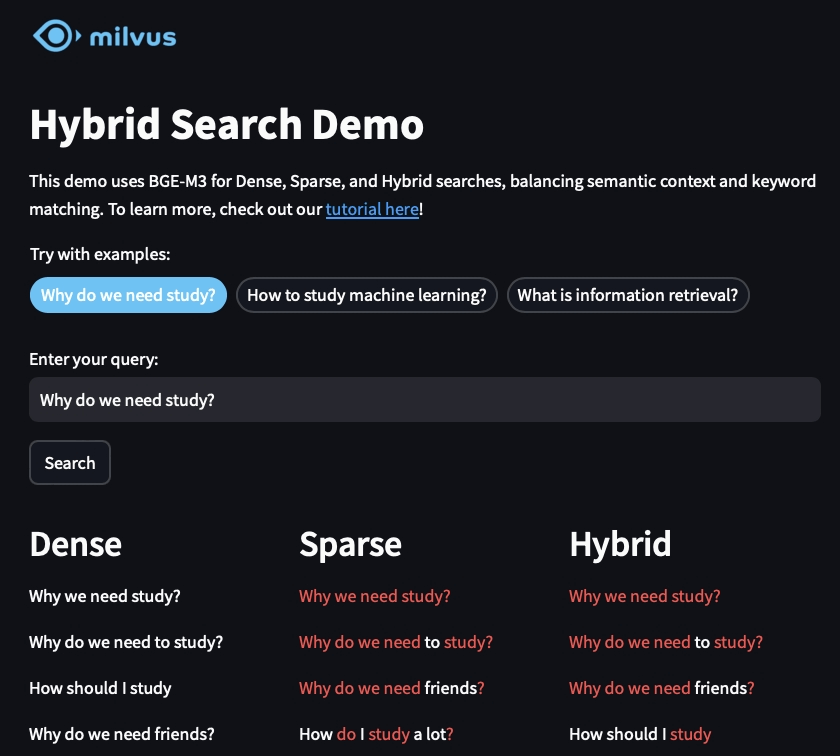Implementing autocomplete in full-text search enhances user experience by providing real-time suggestions as users type their queries. This feature is particularly valuable in applications where quick and accurate search results are essential, such as e-commerce platforms, knowledge bases, and customer support portals. Here, we outline the steps and considerations involved in implementing autocomplete functionality using a vector database.
To begin with, the core of the autocomplete feature lies in indexing and retrieving data efficiently. In a vector database, data is stored in a format that allows for rapid searching and retrieval, making it an ideal choice for implementing advanced search features like autocomplete. The first step is to create an index of the text corpus you want to search. This corpus can include product names, article titles, keywords, or any relevant text data. The index should be structured to support prefix matching, enabling the system to suggest completions based on the initial characters entered by the user.
Once the index is ready, the next step is to implement the search logic that will process user input and query the database. As the user types each character, the application should send queries to the vector database to retrieve matching entries. This requires efficient query handling to ensure that results are returned quickly, maintaining a smooth user experience. To achieve this, it’s recommended to use a combination of techniques such as n-grams, which break down text into smaller components, and prefix trees (or tries), which facilitate rapid lookups.
Another important aspect of implementing autocomplete is ranking and filtering results. Not all matches are equally relevant, so it’s essential to rank suggestions based on criteria such as frequency, popularity, or contextual relevance. This can be accomplished by integrating additional metadata into your index, allowing the system to weigh results accordingly. Filtering can also be applied to limit suggestions to certain categories or to exclude unwanted results, further refining the user experience.
Consideration should also be given to handling edge cases and enhancing the robustness of the autocomplete feature. This includes managing typos or variations in user input, which can be addressed through techniques like fuzzy matching or implementing a spell-checker. Additionally, providing localized suggestions that adapt to user preferences or geographical data can significantly improve the relevance of autocomplete results.
Finally, testing and optimization are crucial to ensure that the autocomplete feature performs well under various scenarios and scales effectively with the volume of data. Regularly updating the index to incorporate new data entries and trends will keep the autocomplete suggestions fresh and relevant. Monitoring performance metrics and user feedback can help identify areas for improvement and fine-tune the system over time.
In conclusion, implementing autocomplete in full-text search using a vector database involves careful planning and execution, focusing on efficient indexing, real-time query processing, result ranking, and robust error handling. By following these guidelines, you can create an intuitive and responsive search experience that meets the needs of your users.
